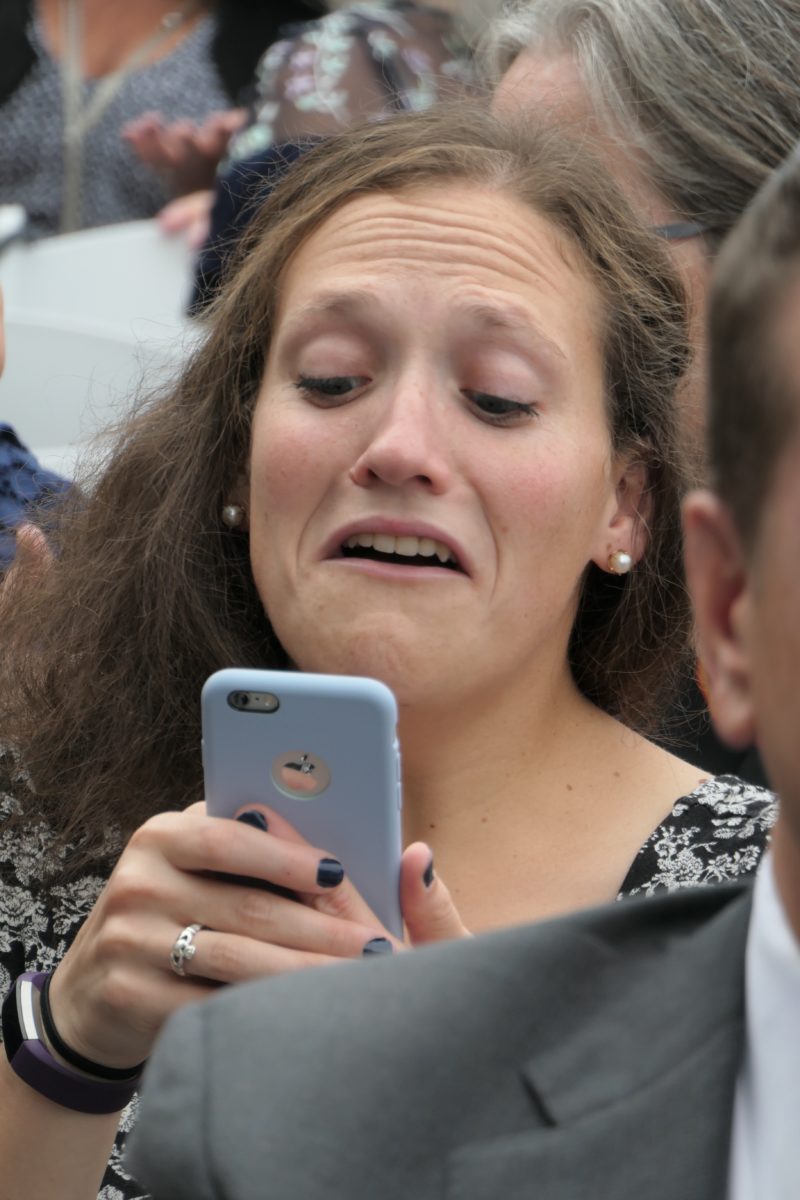Apparently some things can’t make it into dictionaries…
For those which do, however, there is always that end-of-the-year competition of being chosen as the “it” word.
The Oxford Word of the Year, for example, is a word or expression that is judged to reflect the ethos, mood, or preoccupations of the passing year, and have lasting potential as a term of cultural significance. For this dictionary, the word was toxic – referring to its links with environment, waste, relationships, masculinity, culture and air, among others. https://en.oxforddictionaries.com/word-of-the-year/word-of-the-year-2018



Dictionary.com, on the other hand, chose misinformation. The site was pointing to an important distinction between disinformation and misinformation and then gave tons of political examples:
Disinformation means “deliberately misleading or biased information; manipulated narrative or facts; propaganda,” the site explained, while misinformation means “false information that is spread, regardless of whether there is intent to mislead.” “When people spread misinformation, they often believe the information they are sharing. In contrast, disinformation is crafted and disseminated with the intent to mislead others,” the report said, adding that being able to identify misinformation is crucial, because a piece of disinformation could become misinformation.https://www.cnn.com/2018/11/26/us/misinformation-dictionary-word-of-the-year-2018-trnd/index.html




Nomophobia is the term chosen by readers of the Cambridge Dictionary. It refers to fear or worry at the idea of being without your mobile phone or unable to use it and is a composite: a new word made up of syllables from two or more words, in this case ‘no mobile phone phobia.’ You, like I, probably never heard of it before this morning, but it seemed to capture enough of a Zeitgeist feelings that it was the winner in dictionary readers’ voting. https://www.economist.com/books-and-arts/2018/12/08/the-meaning-of-the-words-of-the-year
Subsequently, my sentence of the year is: Nomophobia will decline when you realize that the loss of your phone prevents more spread of toxic misinformation…..

Here is the serious version of why all this matters:



The interview linked above (text and podcast embedded) discusses how we decide what is true and what not. Our assumption of truth depends on trusting expert sources, relying on institutions and people to tell us what to believe and what not. If someone manipulates that trust, we are toast.
(Is that sentence simple enough?)

Photographs today are of potential sufferers of nomophobia.







Nicky
LOVE your sentence of the year!!
Sara Lee
Bingo! You hit it today. In all particulars.
And I just scrolled back for another look at all those pink flowers!
Lee Musgrave
Very engaging topic . . . especially since I still don’t have a cell-phone . . . could that possibly mean that I’m less contaminated?
Martha Ullman West
An excellent post Friderike, photos and text alike.